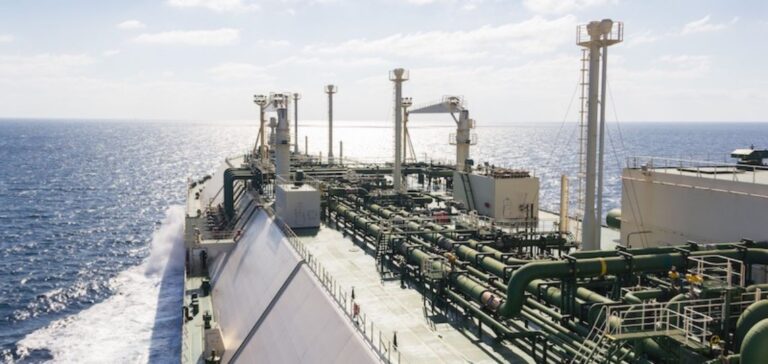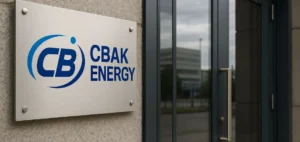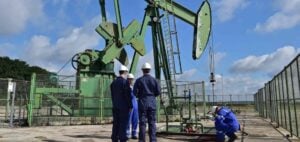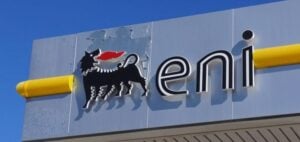Petronet LNG is seeking an additional 0.75 to 1 million metric tons per year (mtpa) of liquefied natural gas (LNG) when it renews its long-term agreement with Qatar. The company’s managing director, A.K. Singh, announced this on the sidelines of the Indian Energy Week conference.
Current LNG import situation in India
Due to the reduction in LNG imports by utilities, LNG imports into India declined for the second consecutive year in 2022. However, the nation expects that the deeper increase in urban gas distribution will boost demand for LNG in the coming years.
Current gas imports
Petronet’s current contract with Qatar expires at the end of this year and the company is looking to increase the amount of LNG it currently buys, to 8.5 mtpa. Petronet currently buys LNG from Qatar at a price of $16 per million British thermal units (mmbtu).
In addition to its agreement with Qatar, Petronet is currently purchasing 1.42 mtpa of LNG from Exxon Mobil’s Gorgon project in Australia. The CEO said the company will receive an additional 0.6 mtpa from Gorgon from 2025-26. Petronet is also seeking an additional 0.6 mtpa from Gorgon, on top of the 2.02 mtpa it will import by 2025-26.
Expansion of LNG terminal capacity
Petronet also seeks to link LNG purchased under long-term contracts to global gas indices. The company is looking to increase its LNG terminal capacity by more than 53% in the coming years, including the opening of its first terminal on the east coast of India.
Petronet currently has a 17.5 mtpa LNG terminal in Dahej and a 5 mtpa capacity plant in Kochi. The company is currently building its third terminal in Gopalpur. The managing director said Petronet is seeking an additional 12 mtpa of LNG capacity – 3 mtpa for Kochi, 4 mtpa for Gopalpur and 5 mtpa for Dahej. However, the Kochi terminal is currently operating at a lower capacity due to the pipeline connectivity not being fully ready.





















